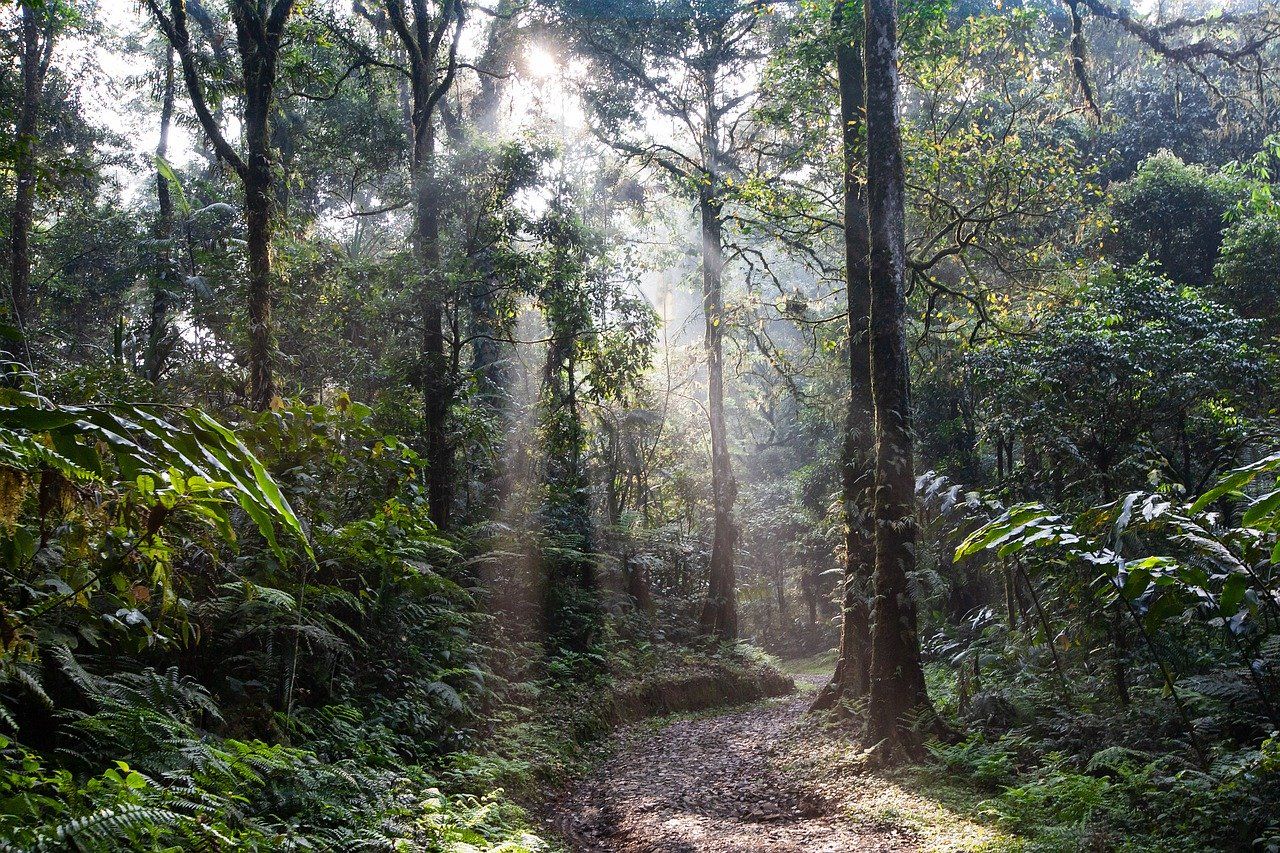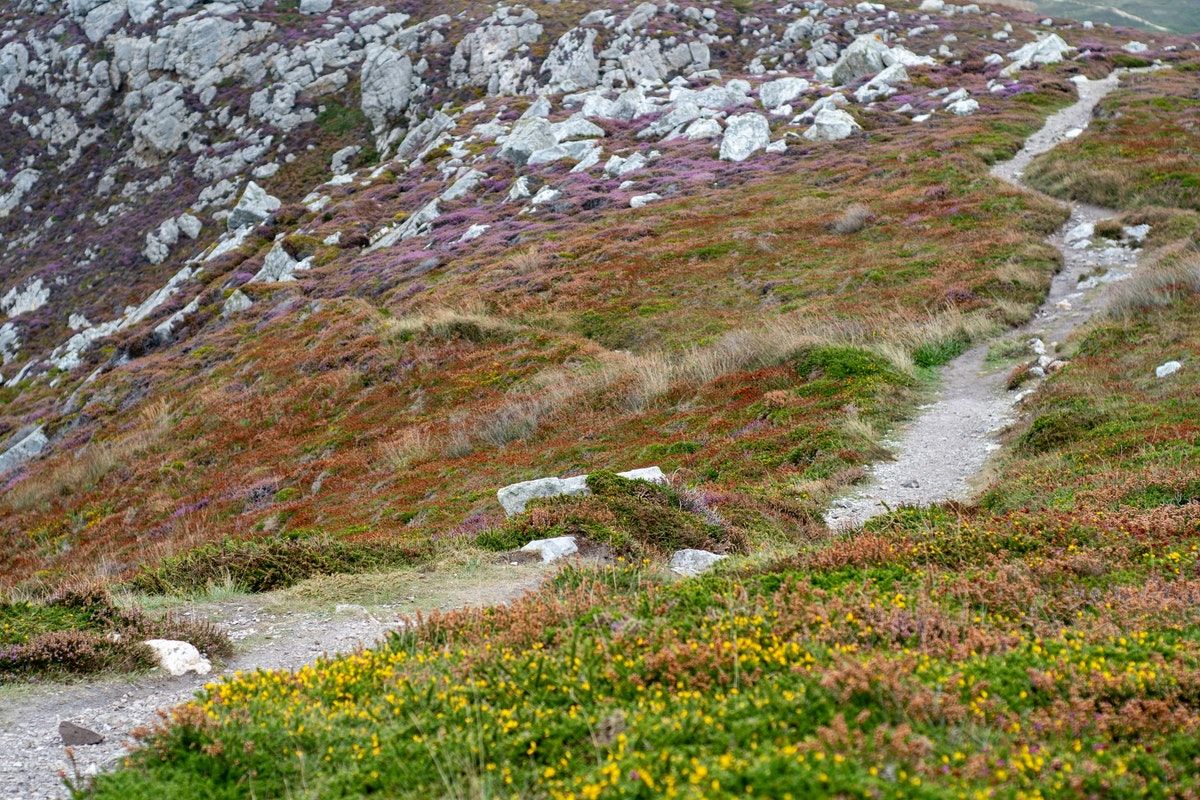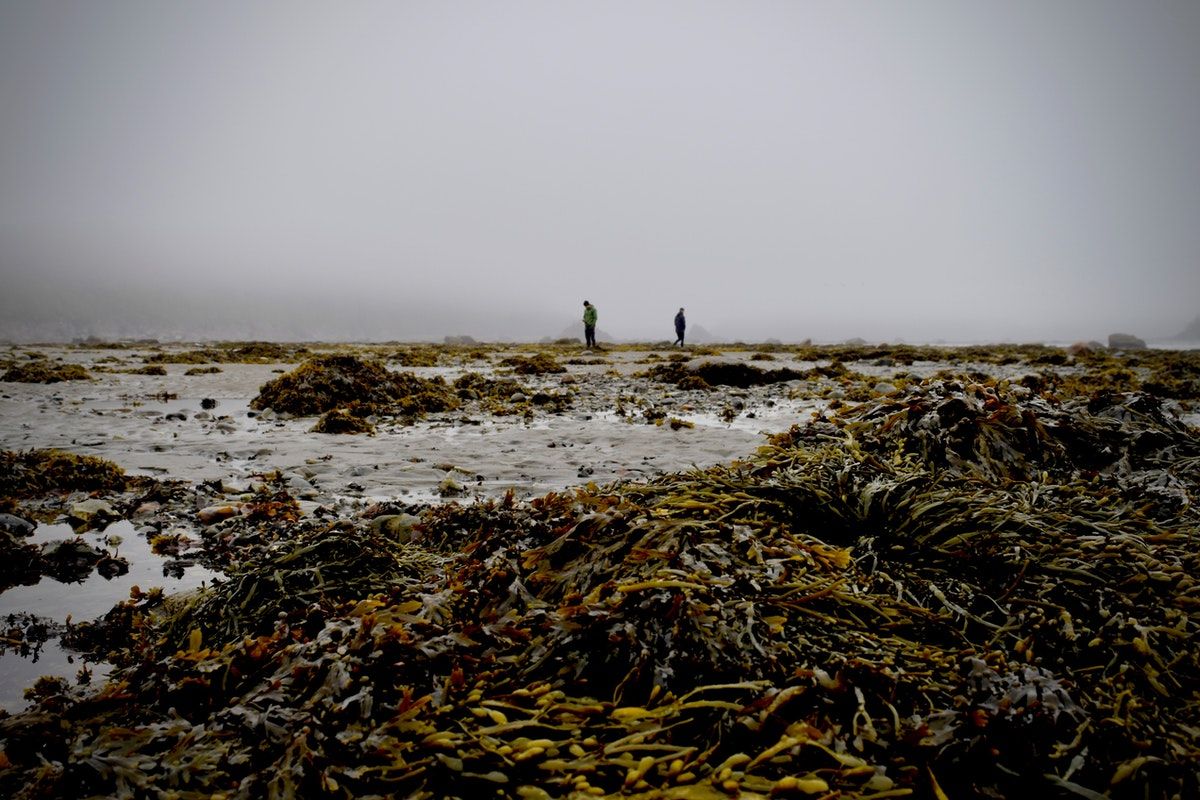
Green New Deal & Shifting Baselines
The latest news on nature and conservation in the UK.
National news
Green New Deal | The Scottish Labour leader, Richard Leonard, launched his vision for a Green New Deal for the nation during an online speech last Friday. The proposals are aimed at tackling climate change and restoring nature while centering social justice, including plans for reforestation and restoring degraded peatland. You can read the original speech here, and the BBC reports on the story. Leonard himself has explained some elements of the plan – including how it would be funded – in the Scotsman. It is based upon analysis by the economist Laurie Macfarlane, who released a report this month outlining a vision for the Green New Deal. The Scottish Green Party has complained that Labour’s proposals rip off their own plan.
Rivers | In last week’s newsletter, I wrote briefly about how the Environment Agency is facing accusations of wanting to weaken river regulations. That story has rumbled on, with a number of environment groups writing to the head of the agency to stress that any watering down of the Water Framework Standards would be a “backward step”. They propose instead a trio of additions that would improve the framework. The Guardian has covered the story. Separately, river-dwelling fish have suffered in the recent heatwave. The Telegraph reports that tens of thousands of fish died as oxygen levels dropped in the hot weather. In Norfolk, ten thousand fish were released into the River Thet six months early, after the heat caused early spawning at the farm that was rearing them, reports the Eastern Daily Press.
Deforestation | This story isn’t specifically about the UK environment, but it would feel remiss not to mention the government’s new effort to curb illegal deforestation overseas. The proposed law would require larger companies operating in the UK to show where commodities such as cocoa and soil originated, reports the BBC, with fines for those who fail to do so. Greenpeace UK, however, said that the proposals were “seriously flawed” and that they would simply shift the problem “into someone else’s backyard”, reported the Guardian. A consultation on the proposals will run for six weeks.

In other news:
- The National Trust has plans to reduce the carbon impact of visits to its sites, reports the Telegraph.
- The BBC has a feature on the role trees have played in soothing minds during the pandemic.
- British farmers are turning to soya and other alternative crops as extreme weather causes traditional ones to fail, reports the Times.
- An increase in beached whales, including around the UK, may be linked to a military sonar exercise, reports the Guardian.
Across the country
Shropshire | This week I bring you a tale of two Shropshire meadows. First: campaigners are close to raising the £25,000 they need to buy the three-acre Cudwell Meadow near Church Stretton, reports the Shropshire Star. Once they have made the purchase, they plan to carry out conservation work that will encourage water voles and otters. Things are not going so well for a group of meadow defenders in Ludlow. Their offer to buy a patch of local grassland was rejected; it has instead been bought by housing developer Shropshire Homes, which has lodged a planning application. Residents have now launched a campaign to save the meadow.
Langholm Moor | Campaigners in Scotland are soldiering on with their efforts to raise enough money to buy Langholm Moor, which they plan to turn into a nature reserve. Their efforts received a boost this week, with a £500,000 donation from the Carman Family Foundation. But there’s a long way to go – the estate has been valued at £6m – and it has become a race against time, reports the Herald. Their biggest donation so far, £1m donated by the Scottish Land Fund, will only be provided if the full amount has been raised by October 31st.
Peak District | A blaze started by a campfire in the Peak District in 2018 released over 11,000 tonnes of carbon dioxide and caused the loss of 50 years’ worth of peat, according to analysis by Moors for the Future. Some 61 hectares of blanket bog were burned during the event, also damaging this precious habitat. The case study was only possible because scientists and volunteers were already monitoring the moor before the wildlife, measuring the depth of the peat. “The simple message is to never have any kind of fire in the countryside,” according to the group.
Elsewhere:
- A conservation breeding centre for Scottish wildcats is to be created in the Highlands, reports the BBC.
- A planning application for a solar farm in South Gloucestershire’s Green Belt enthuses about “significant biodiversity benefits” as well as cutting carbon, according to the Bristol Post.
- Extinction Rebellion activists have completed a 100-mile journey down the River Bann to highlight issues including peat extraction and water pollution, reports the BBC.
- Volunteers are attempting to save the rare Northern Brown Argus in the Scottish Borders, according to Butterfly Conservation.
- An agricultural college in Sussex has been fined £50,000 for polluting a stream, causing the deaths of more than 1,500 fish, reports the Express & Star.
- Conservationists are attempting to boost numbers of one of the UK’s rarest ants in the Cairngorms, reports the BBC.
Reports
Disturbance | Dog walkers cause the greatest disturbance to overwintering birds in the north-west of England, according to a survey commissioned by Natural England, causing 77% of the major flights observed during the fieldwork. Cycling, jogging and walking, on the other hand, was responsible for proportionately little disturbance. “Disturbance issues are likely to become greater in the long term,” write the authors. “The UK human population is increasing [and] habitat change will influence the potential for disturbance impacts.”

Gamebirds | Last week, I pointed you to the newly-released report on the impacts of releasing gamebirds into the countryside; see here for details of that report. I also said that you’d likely be hearing more about it. Indeed, Wild Justice, the campaign group which has been challenging the government in court over this issue, has now released its response. It asserts that, since the review doesn’t rule out ecological impacts, then Defra should act as though such impacts exist until it can prove otherwise. “We’ll have to leave it to the lawyers to figure out where we go from here but if Defra had hoped to put a line through all of our concerns then this review doesn’t do that,” the group wrote.
Nature-based solutions | The UK Green Building Council and the Greater Manchester Combined Authority have produced a report looking at how nature-based solutions can improve the built environment. It’s a fairly practical assessment, bringing together the reams of research on this topic into an accessible format. The findings are part of a wider initiative to unlock financing for large green infrastructure projects within Greater Manchester. The report looks at the impacts of nature-based solutions – including street trees, green roofs and urban parks – on climate change, mental health and biodiversity.
Science & Statistics
Shifting baselines | Younger people are more likely to experience shifting baseline syndrome than older generations, according to a new study in People and Nature. Researchers asked the public about their memories of ten species of UK garden birds, and found that younger people had less awareness of historical ecological conditions. There are implications for conservation: “Older people were more likely than younger people to perceive a greater need for conservation action for three declining species,” the authors write.
Outdoors | The government released new data this week on how much time people spend outdoors, as part of its decade-long monitoring of how the public engages with the natural environment. It shows that people spent more time outside in the last year, compared to the average for the decade as a whole. I’ve made a graph to illustrate the findings.

Driftwood
Trespass | Efforts to criminalise trespass should be concerning to everyone who loves nature and is concerned about the UK’s biodiversity crisis, according to a piece written by Guy Shrubsole, who launched a Right to Roam campaign last week. “It would criminalise protest camps…and make criminals out of wild campers,” he writes in his blog. “Fear of criminalisation may even deter amateur naturalists from carrying out wildlife surveys.” George Monbiot also covered the issue in a Guardian article last week, and various readers have written to the newspaper to continue the discussion.
Badgers | The Wildlife Trusts is concerned that healthy badgers, vaccinated with the help of government funding, could be culled this year following a leaked report of this year’s cull zones. While the charity recommended a minimum of 7km between cull and vaccination areas, the new consultation response says that the government will allow culling with only very small buffer zones. Ian Jelley of the Warwick Wildlife Trust wrote an open letter to farmers about the issue.
Northern Forest | The Yorkshire Post has a short feature on the Northern Forest, which is worth a read. “Around 13 million people call the north of England ‘home’, but astonishingly there is only 7.6 per cent of woodland cover, noticeably less than the national average, and the planned 50 million young trees will create at least £2.5bn worth of social, economic and environmental benefits,” it says. It includes some interviews with the people running the show, and is a useful primer on a topic that doesn’t seem to often make the news.
Further reading:
- Matt Shardlow, head of Buglife, writes about oilseed rape and bumblebees for the Guardian’s Country Diary.
- The saga continues: a marine biologist is now crowdfunding his legal battle with Ricky Gervais over Flanimals.
- Ecologist Miles King blogs about the reintroduction of beavers and those who oppose it.
- The John Muir Trust responds to the consultation on the government’s proposed Environment Land Management Scheme.
Happy days
Trees | It’s time to vote for your favourite tree. The Woodland Trust has put together a list of the UK’s most charismatic examples. Personally, I’m pleased to see the inclusion of Newcastle’s “shoe tree” – a strange sight, which caused me a great deal of puzzlement when I first moved here two years ago. Check out the list here.
Image credits: hehaden, kanenori, Peter Hickson
Subscribe to our newsletter
Members receive our premium weekly digest of nature news from across Britain.
Comments
Sign in or become a Inkcap Journal member to join the conversation.
Just enter your email below to get a log in link.








